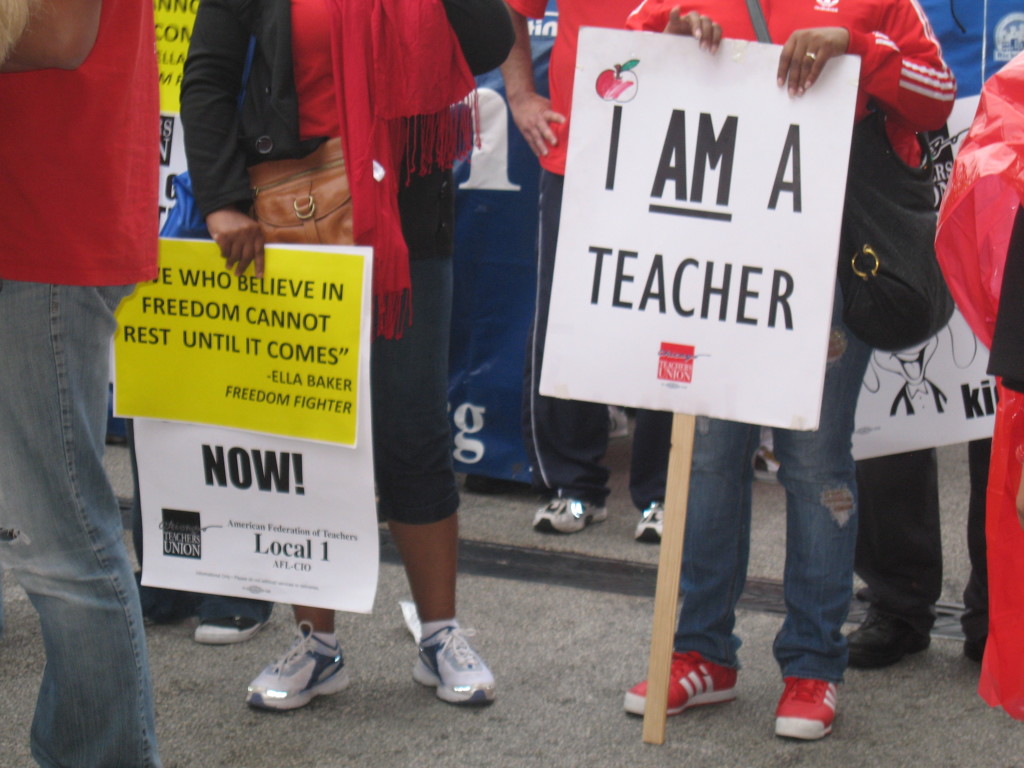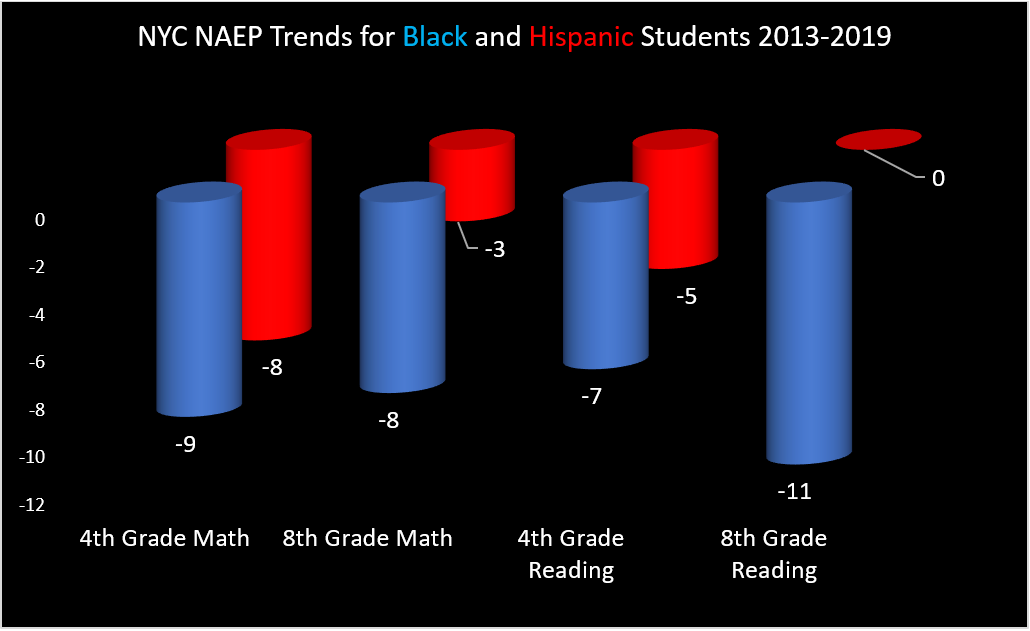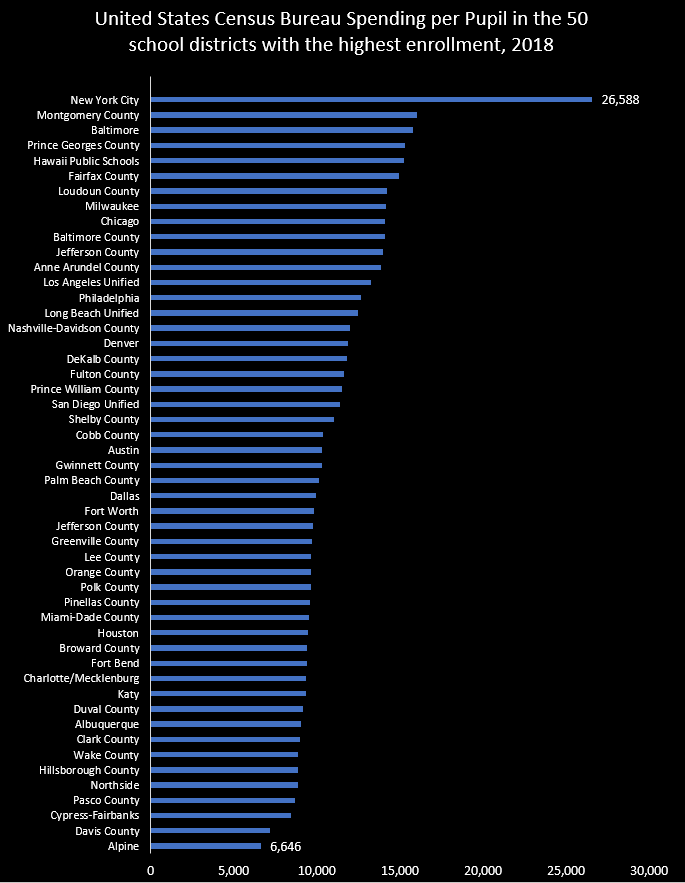 Around the state: Mentors are needed for a program in Citrus, history standards stir controversy nationwide, a change in plans at the newest high school in Palm Beach, back-to-school giveaways in Duval and Orange and new leadership in Lee. Here are details about those stories and other developments from the state's districts, private schools, colleges and universities:
Around the state: Mentors are needed for a program in Citrus, history standards stir controversy nationwide, a change in plans at the newest high school in Palm Beach, back-to-school giveaways in Duval and Orange and new leadership in Lee. Here are details about those stories and other developments from the state's districts, private schools, colleges and universities:
Broward: The new schools superintendent here is no stranger to South Florida public schools. Dr. Peter Licata grew up in Pompano Beach and spent three decades as a teacher, principal and administrator in Palm Beach County. WLRN.
Palm Beach: A change in plans for this county's newest high school will result in a new artificial turf football field for about $1.4 million. Dr. Joaquín García High will be just the fourth public high school in the district with a turf field. When the district staff made the change just six weeks before the football team's home opener, they didn't allow the normal bidding process to keep the price competitive, saying that they did not have time. Crews from Pirtle Construction were installing the base for a natural sod football field at the school — the district's first new high school in 18 years — when the school board approved the artificial turf on Wednesday. Palm Beach Post.
Orange: With school starting in a few weeks in this county, events and giveaways abound to make sure students are all set for their first day. This weekend, hundreds of families showed up at Eccleston Elementary for a literacy and book giveaway that was hosted in part by Need to Read Inc., a nonprofit that regularly hosts literacy events to emphasize the importance of reading at a young age. “We have to start early with our children because low literacy leads to all kinds of detrimental outcomes,” said Pastor Roderick Zak. WKMG.
Duval: One mother who lost her son is making sure kids have what they need to have a good school year. For the second year in a row, there will be a back-to-school giveaway in honor of Rashaud Fields, set for noon on July 29 at The Legends Center on Soutel Drive. At least 200 backpacks will be given away, as well as school supplies. There will also be food, drinks, games and a chance for kids to participate in flag football and a basketball tournament. News 4 Jax.
Lee: There are 14 new principals in Lee county schools. Ft. Myers News-Press.
Citrus: Mentors are needed for the 2023-24 school year for a program called Men Building Men and Women Building Women. The goal is to provide young men and women in Citrus with positive, influential role models who are willing and committed to giving them leadership, guidance and direction to become successful in life. “You know they’re going through a rough time, and a lot of them have poor attendance and poor grades … and for some, school just isn’t their priority because of other things that are going on,” said mentor Curtis Lewis. Citrus Chronicle.
Controversial history standards: In the wake of the Florida Department of Education's new standards on African American history that suggest slaves benefited from skills they learned while enslaved, the department issued a statement that offered examples of 16 historic figures they said fit that description. But Vice President Kamala Harris said extremists want to "replace history with lies" as she traveled to Florida on Friday. Meanwhile, the American Federation of Teachers President Randi Weingarten and her colleague Leo Casey on Saturday issued a joint statement. Tampa Bay Times. Miami Herald. WFTV. NPR.
Shelter bill: The U.S. House last week passed a bill to bar the use of public K-12 school facilities to provide shelter for migrants seeking asylum in the United States. The bill is known as the "School Not Shelters Act," and if enacted into law, public schools and public higher education institutions would risk losing federal funding if they provide shelter to migrants who have not been admitted into the country. Florida Phoenix.
University and college news: Gov. Ron DeSantis announced Friday that Michael White was appointed to the Board of Trustees at Florida Agricultural and Mechanical University, or FAMU. White's confirmation is subject to confirmation by the Florida Senate. White is set to replace Michael Dubose, whose term expired in January. “As a proud Rattler, I am honored to have received this distinguished appointment by Governor DeSantis. I look forward to contributing to developing the University’s policies and programs to ensure they build upon the legacy of FAMU,” said White. WXTL. University of Florida Researcher Felipe Ferrao says Florida could become a global hub for coffee research. That's why he's leading studies into the caffeinated beverage and the plants that produce it. Main Street Daily News.
Opinions on schools: Should the state's political leaders care what people in other states think of our education culture debates? Yes, and here's why. Paul Cottle, Bridge to Tomorrow.
 “A sharp distinction must always be made between the physical survival of particular schools and the survival of the educational quality in those schools.”
“A sharp distinction must always be made between the physical survival of particular schools and the survival of the educational quality in those schools.”
So writes American economist and social theorist Thomas Sowell in his latest book, Charter Schools and Their Enemies. If we measure analysis by its predictive abilities — anticipating problems that will recur when demonstrably successful ideas are ignored — Sowell’s book is nothing short of prophetic.
Consider: The American Federation of Teachers’ announced at the end of July that it would support a local chapter’s decision to go on strike “as a last resort” if schools opened with “unsafe school reopening plans.” These qualifying phrases seem to have been included for rhetorical purposes only.
Just days after the announcement, union members across the country, from Los Angeles to Baltimore, held protests, even though these and other large school districts are not opening in-person. (Florida’s constitution and state law prohibit teachers and other public employees from striking; however, the Florida Education Association recently won a lawsuit against the state over an order mandating the reopening of all public school campuses. The state has appealed.)
Last week, Detroit’s union (an affiliate of the AFT) voted in favor of a strike if policymakers changed the district’s current policy of offering classes online only.
Sowell predicted unions were capable of as much, writing, “Since teacher unions have millions of members and spend millions of dollars on political campaigns, they do not need logic or evidence to gain the support of elected officials who need campaign contributions to finance their re-election campaigns.”
Political action, not improved student learning, is behind union activity. The union chapters behind the “National Day of Resistance” on Aug. 3 that followed the AFT’s announcement posted an agenda that included calls for “police-free schools,” “canceling rents and mortgages,” and “providing direct cash assistance to those not able to work or who are unemployed,” along with a “massive infusion of federal money.”
Here, again, Sowell proved prescient. As he noted in his book, teacher unions embrace a slew of policies for which “there are usually no educational benefits to students.” Where does a child’s education fall on their list of priorities? As Sowell observes, “The plain and direct question that must be asked, again and again, is: ‘How, specifically, is this going to make the education of children better?’”
As Sowell notes, such interest groups are “enduring institutions with enduring personnel” that “maintain a given set of policies and practices over time.” This was evident last year, when teacher-union members in West Virginia refused to work until state lawmakers stopped considering a proposal to create private learning opportunities for children with special needs. Unions in Kentucky did the same. Strikes are nothing new, but unlike previous year’s strikes in Oklahoma, Arizona, West Virginia and elsewhere, these 2019 job actions were not centered on pay and working conditions. These strikes were efforts to drive policy by force.
Re-opening schools is a local concern. State agencies and the U.S. Centers for Disease Control can offer useful information and guidance, but in the end, the decision on how public schools will operate — be it with virtual, hybrid, or in-person instruction — should be left to members of a community, including parents, educators, and health officials. In making these decisions, the question foremost in their minds should be Sowell’s: How will this make the education of our children better?
Parents and educators are not waiting for union demands to be met — nor should they. As some school districts such as Chicago, Houston, Atlanta, and more announce they will offer only virtual instruction to start the new school year, parents are enrolling their children elsewhere (Detroit private schools are reporting waiting lists), choosing to homeschool or organizing neighborhood “pandemic pods” alongside teachers.
Families and policymakers alike should tire of teacher unions’ attempts to maintain power when parents choose an option outside of a child’s assigned school. Union demonstrations garner headlines and try to browbeat school officials to give them what they want. But recent activities, with their laundry list of assorted policy demands, reveal these special interest groups to be more interested in political opportunism than providing the best possible education for students.
 In the film “The Matrix,” Laurence Fishburne’s character, Morpheus, explains to the protagonist that the world he perceived himself to be living in actually had been a neural computer simulation. Humanity had lost a war against its own artificial intelligence mechanical creations years before. Human beings were grown captive in tanks, kept under control by a system known as the Matrix, and used as batteries.
In the film “The Matrix,” Laurence Fishburne’s character, Morpheus, explains to the protagonist that the world he perceived himself to be living in actually had been a neural computer simulation. Humanity had lost a war against its own artificial intelligence mechanical creations years before. Human beings were grown captive in tanks, kept under control by a system known as the Matrix, and used as batteries.
The film’s final scene and credits roll to a song by Rage Against the Machine called “Wake Up.”
Last week, American Federation of Teachers president Randi Weingarten gave an interview on MSNBC. Host Stephanie Ruhle posed this scenario for Weingarten’s comment:
We know that there are kids living in cities in this country where those cities and those schools are not serving them. If you live in an inner city and you’ve got kids, your best chance for economic mobility for your child is through a great education, and there are schools that are not serving our kids.
Weingarten responded:
And those schools need to get fixed like we did in New York City.
New York City schools may have been “fixed,” but this raises the question, “fixed for whom?”
Weingarten’s organization virulently opposed the education reforms of former Mayor Mike Bloomberg, who left office in 2013. Since 2013, New York City has been run by American Federation of Teachers ally Mayor Bill de Blasio. Have New York City Schools been fixed since 2013?
Fortunately, New York City is one of the districts included in the Trial Urban District Assessment of the NAEP. The chart below looks at trends for black and Hispanic students since 2013. On these tests, 10 points approximately equals a grade level’s worth of average progress.

Most of both groups of fourth graders scored “Below Basic” on the 2019 fourth-grade reading exam. The schools clearly are not “fixed” for the sort of students in New York City that Stephanie Ruhle asked Weingarten about in the interview.
In fact, the schools needed improvement in 2013, and then got worse rather than better. If New York City schools have not been fixed for students, for whose benefit have they been fixed? The United States Census Bureau offers a telling clue:

Weingarten’s confusion is understandable, but New York City schools have not been fixed for all students. Rather, they look to have been rigged for her organization and others.
Wake up, New York.
Despite a full-court press from charter school supporters, the board of the National Association for the Advancement of Colored People approved a resolution on Saturday that calls for halting the growth of charters.
The move reaffirms the civil rights organization's longstanding positions, spelled out in a 2014 resolution decrying "privatization" in public education. But it also goes a step further, calling for a "moratorium on the proliferation of privately managed charter schools."
A press release published after the vote said the NAACP's call for a moratorium would remain in place until:
(1) Charter schools are subject to the same transparency and accountability standards as public schools
(2) Public funds are not diverted to charter schools at the expense of the public school system
(3) Charter schools cease expelling students that public schools have a duty to educate and
(4) Cease to perpetuate de facto segregation of the highest performing children from those whose aspirations may be high but whose talents are not yet as obvious.
Charter school backers showed up in Cincinnati to explain the benefits of independent public schools, and USA Today reported that about 140 demonstrators organized by the group Memphis Lift rode buses from Tenessee to protest the vote.
"We have charter schools that are good," Memphis Lift organizer Sarah Carpenter, a grandmother of 13, said during the protest at Fountain Square. "We are not against public schools. We want good schools of any type. Where was the NAACP when so many public schools were failing our children?"

American Federation of Teachers logo. Source: Wikimedia Commons
The Washington, D.C. Opportunity Scholarship program is up for re-authorization in Congress. The voucher program has been shown to help disadvantaged students. But that hasn't stopped the usual suspects from trotting out their usual talking points.
The night before the House voted 240-191 to reauthorize the program, Washington Teachers Union President Emily Davis, blasted out an email to American Federation of Teachers supporters with the standard anti-voucher talking points.
In this alternate universe, vouchers don't lift student achievement (the evidence says they often do, albeit modestly for low-income students), public schools serve all students (not always), private school choice wastes money (scholarships worth up to $12,572, significantly less than what D.C. public schools receive), and the program has been "proven to be ineffective" (research has found it improves high school graduation rates). (more…)
The American Federation of Teachers released a new survey this week, “Public School Parents and the Promise of Public Education,” that claims many things. But most important to school choice supporters, it says the vast majority of parents prefer traditional public schools and are opposed to educational options.
The quality of any survey is heavily dependent upon the methodology applied and, of course, the questions asked. AFT and the firm that did its survey, Hart Research Associates, condensed their findings in a short memo that’s worth reading.
The memo suggests the survey question about vouchers may be misleading participants by directing them along a predetermined path. For example, participants were asked to choose the better of two education approaches. Take a look at the language below (from page 6):
Approach A) We should focus on ensuring that every child has access to a good public school in their community. We need to make the investments needed to ensure all schools provide safe conditions, an enriching curriculum, support for students’ social and emotional development, and effective teachers.
Approach B) We should open more public charter schools and provide more vouchers that allow parents to send their children to private schools at public expense. Children will receive the best education if we give families the financial freedom to attend schools that meet their needs.
Not surprisingly, 77 percent of survey participants chose Approach A.
There are a few glaring problems. (more…)
Editor's note: This is the fourth and final post in a series on the future of teachers unions.
Over the last 20 years, the federal government and state governments have used standards, assessments and regulatory accountability to assert more top-down control over classroom teachers. As state-mandated teacher evaluation and merit pay systems have become ubiquitous, the level of teacher disempowerment and alienation has soared, and teacher unions have hunkered down and become even more defensive and conservative.
School choice is the way out - not only because it is breaking down public education’s 19th Century industrial management model, but because teacher unions are so economically tied to this model they are fighting to preserve it, even though it is bad for teachers and students. Ironically, teacher union dues today are used to perpetuate a dysfunctional management system, and to protect teachers from being abused by this same system. It’s crazy.
I say this as a former teacher union leader.
I started teaching in fall 1977. In January 1978, I sat at a table with other teachers and heard a divorced mother with two young children tearfully tell us she had rejected her boss’ sexual advances and now he was ending her employment contract. At the time, we didn’t have a union or a union contract.
I was 22 years old and became a union organizer while sitting at that table. We organized ourselves, collected cards and successfully petitioned the state to hold a collective bargaining election. We won a court case management had filed to block the election. Then we won the election and bargained and ratified a contract that included protections against arbitrarily firing employees.
In 1984, I joined a more mature union (and the school choice movement) when I moved to St. Petersburg, Fla. to help start one of the state’s first magnet schools. The Pinellas Classroom Teachers Association had been a professional association for several decades before turning into an industrial union in the late 1960s. By 1984, its collective bargaining agreement had been in place for more than a decade, and it had established a collaborative working relationship with management.
After the intensity of building a union from scratch, PCTA felt stagnant. The union was part of district management. It did a great job protecting teachers from the abuses of a politically-managed bureaucracy, but there was no energy or vision for progress. PCTA’s only internal and external message was, “We need more money.”
Pinellas teacher salaries increased by an average of 45 percent from 1981 to 1986, yet teachers were still miserable. More money was great, but they wanted greater job satisfaction. Individuals become teachers because they want to make a meaningful contribution to children’s lives, but that’s difficult - and often impossible - in a mass production bureaucracy that treats teachers like assembly line workers and students like identical widgets.
We attempted reform from within. (more…)
Editor's note: This is the third of four guest posts on the future of teachers unions.
by Gary Beckner
We are at a critical crossroads on the path to education reform in America. Stakeholders from all walks of life and political stripes are beginning to understand that in order to compete in a global economy we must focus on choice and technology to prepare our students for the future.
Likewise, we must also recognize that in order to drive needed change in instruction we must also examine how the teacher workforce is represented. Just as a one-size-fits-all system is not working for students, a labor union model solely fixated on protecting the status quo is no longer serving the needs of all educators in a modern workforce.
Choices in education have opened up avenues for advancing the teaching profession like never before. Virtual schools, technology, and non-traditional charter schools allow teachers to set new schedules and adapt their vision for education to a school that meets their specific needs. These innovations have brought new experienced professionals into the profession and have allowed other talented educators the ability to stay on in different capacities.
According to a membership survey by the Association of American Educators, the non-union teacher organization that I lead, teachers support laws that advance choice and promote options. For example, 68 percent of member educators support an Indiana law that provides a tax credit to parents who send their children to a private or parochial school of their choice. Similarly, 74 percent of survey respondents support Arizona's Empowerment Scholarship Accounts, which allow parents of special-needs students to use state education dollars in a school that meets the student's needs.
Despite this groundswell of support from educators themselves, the nation’s largest teacher unions, the National Education Association and the American Federation of Teachers, continue to stand in the way of commonsense education reform for the sake of preserving their own monopoly. Not only is this harmful to America’s students, it degrades the professionalism of one of the most revered career choices. (more…)